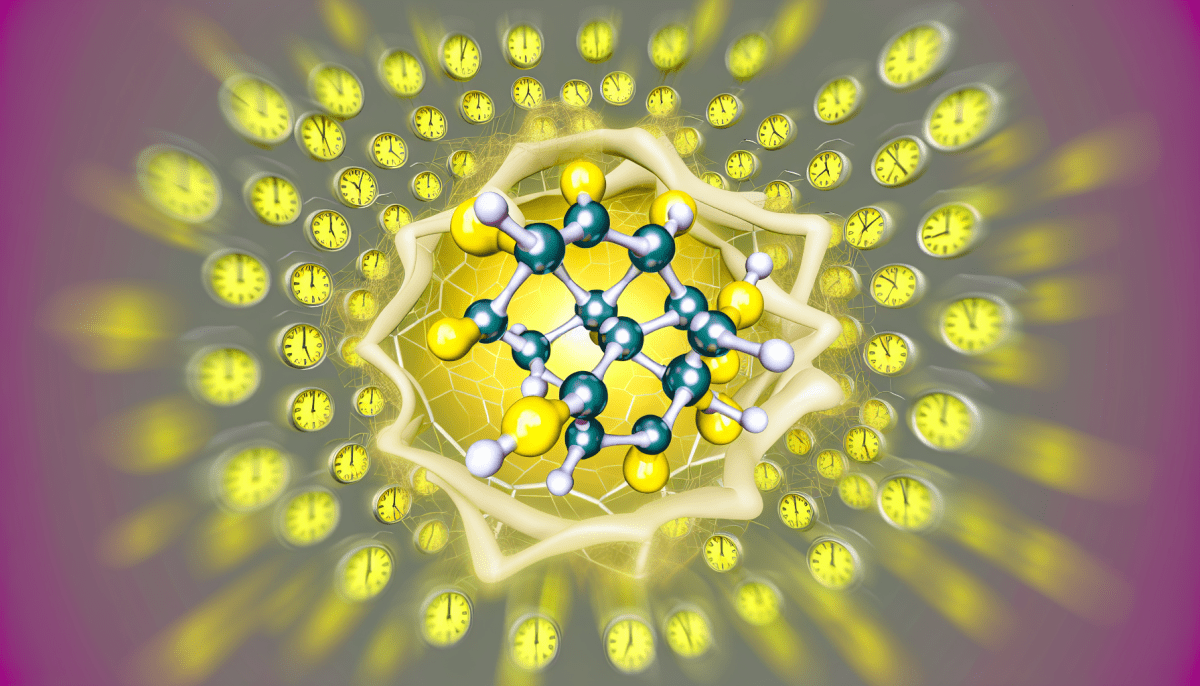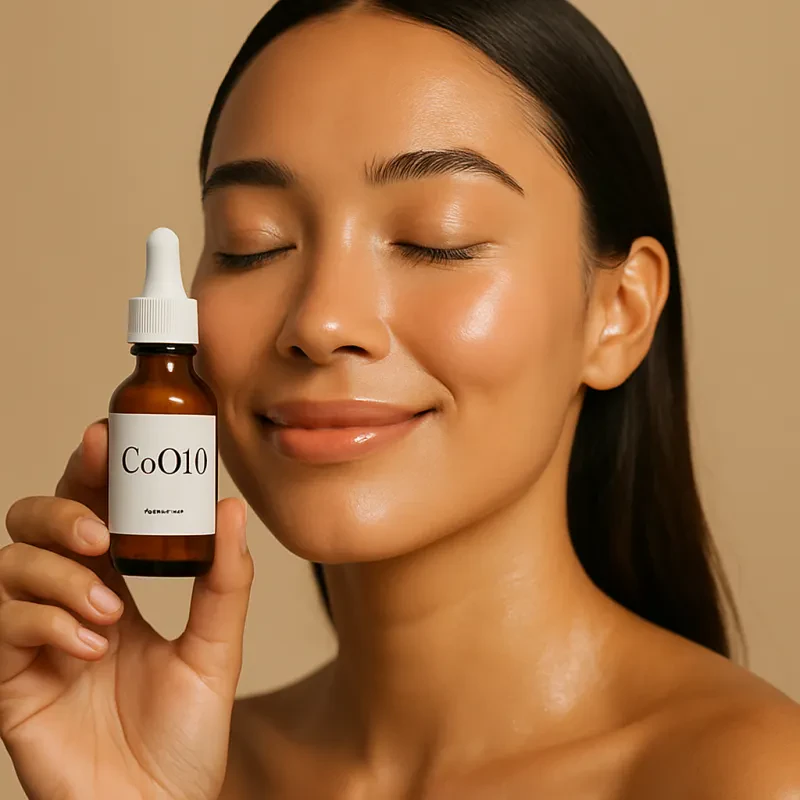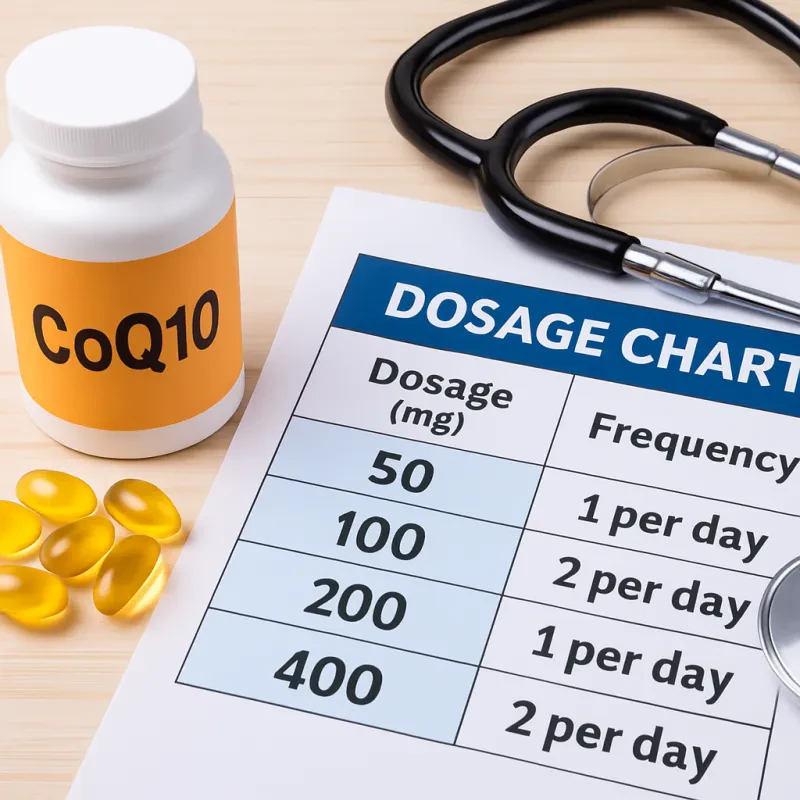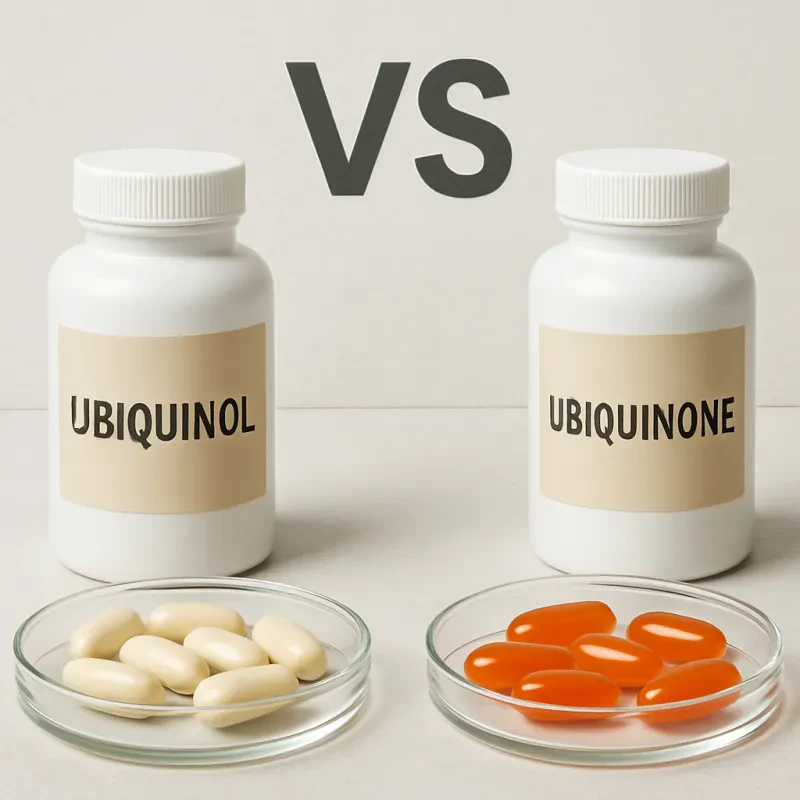Retinol: The Science Behind Its Anti-Aging Power
In the skincare industry, retinol is the most effective anti-aging ingredient. Retinol's rejuvenating properties are supported by scientific research. Let's examine how retinol works.
Understanding Retinoids: The Vitamin A Connection
Retinol is a type of retinoid, which is a derivative of vitamin A. Our skin cells have receptors called Retinoic Acid Receptors (RARs) that interact with retinoids. When you apply a topical retinol product, several conversions take place within the skin:
- Retinol to Retinaldehyde: Retinol is first converted into retinaldehyde.
- Retinaldehyde to Retinoic Acid: Retinaldehyde is further converted into retinoic acid, the active form that binds to the RARs,
It's this final form, retinoic acid, that directly influences gene expression in our skin cells, leading to the impressive changes we associate with retinol use.
How Retinol Works Its Anti-Aging Magic
- Supercharging Collagen Production: Collagen is the primary structural protein of the skin, responsible for maintaining its firmness and elasticity. However, as we age, collagen production slows down naturally, leading to wrinkles and sagging. Retinol helps by stimulating collagen synthesis, which restores a more youthful, plump appearance and diminishes fine lines and wrinkles.
- Revitalizing Cell Turnover: Retinol is also an accelerator of cellular renewal, which promotes smoother skin texture, reduces hyperpigmentation (dark spots), brightens the complexion, and reduces acne breakouts. It works by speeding up the shedding of old, dull skin cells and promoting the production of fresh, healthy cells.
- Strengthening the Skin: Retinol strengthens the skin by thickening the dermis, the deeper layer of skin, resulting in improved skin resilience and an overall smoother, firmer texture.
- Keeping Acne at Bay: In addition, retinol is effective in preventing acne formation by regulating cell turnover, which prevents dead skin cells from clogging pores, a primary cause of acne.
Navigating the World of Retinoids
Retinol is just one player in the retinoid family. Here's a breakdown of common types:
- Retinol: The most common over-the-counter form, well-tolerated by many skin types.
- Retinaldehyde: More potent than retinol, it converts to retinoic acid in fewer steps, potentially leading to faster results but also increased risk of irritation.
- Retinoic Acid (Tretinoin): The most powerful retinoid, available by prescription only. Offers the most dramatic anti-aging results but comes with a higher risk of side effects.
- Adapalene: A prescription retinoid primarily used for acne treatment, though it has anti-aging effects as well.
Important Retinol Considerations
- Ease In: Retinol can cause initial dryness, redness, or flakiness, known as the "retinization" period. Start with a low concentration product a couple of nights a week, gradually increasing frequency and strength as tolerated.
- Sun Protection is Non-Negotiable: Retinol increases skin's photosensitivity. Diligent use of a broad-spectrum sunscreen with SPF 30 or higher is an absolute must.
- Consistency is Key: Don't expect overnight miracles. Retinol's benefits manifest over weeks to months of consistent use.
Is Retinol the Right Choice for You?
If you're worried about wrinkles, uneven skin tone, loss of firmness, or acne, retinol can be an excellent addition to your skincare routine. However, if you have sensitive skin, rosacea, eczema, or any other skin conditions, it's important to consult a dermatologist before starting to use retinol. They can guide you better and suggest the appropriate course of action to help you achieve your skincare goals.
The Retinol Reward
Retinol has the potential to improve the skin's texture, firmness, and brightness, but it requires proper usage, patience, and consistent sun protection.



